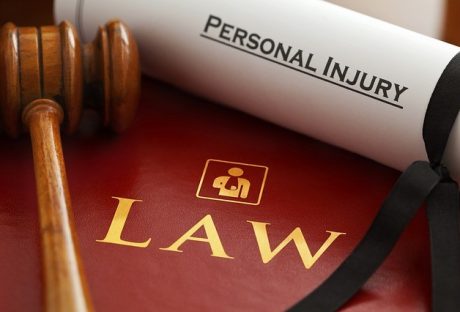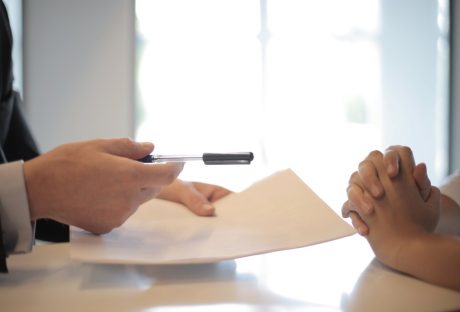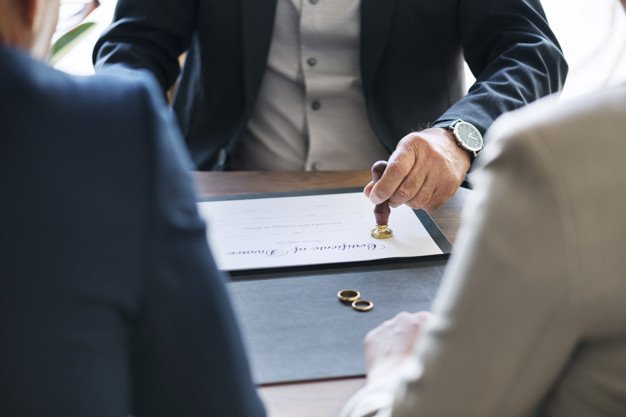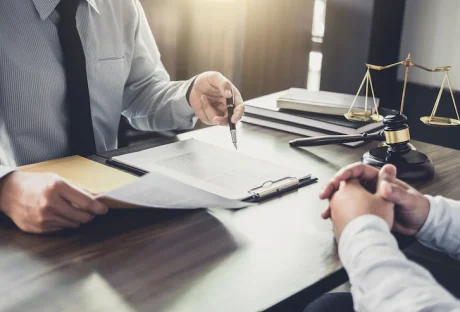If you’ve never used bail bondsman services before, you probably don’t know how it all works. You’ve most likely heard it on the news somewhere ‘the defendant was released from prison on an insert-amount dollar bail until trial next month’, or you’ve seen it on TV or in a movie. The point is, it always goes along the same lines. But how do bail bonds work? We reached out to bail bonding professionals at BailCo LLC for a crash course in bail bonds.
Why is there a need for bails?
Simply put, when someone’s arrested, they’re taken to a police station for booking, and the process includes having mug shots taken, fingerprinting, and giving a statement. Then that person is held in prison until they can have their day in court.
Alternatively, a person can post bail and leave prison until their trial. However, bails are usually very steep, and the defendants usually cannot pay them themselves, or even with the help of friends. This is where bail bonding agencies come into play, to ensure that people don’t needlessly sit in jail.
Ok, so what is the bail itself?
Basically, bail is a contract, usually between the bail bonding agency and the court, on the behalf of the defendant. The defendant will be released from prison to await trial, provided that they give some insurance to the agency, in form of money, property, or bonds. The amount of money needed to post bail is set by the court.
The court’s end of the agreement is to release the defendant, while the bail bonding agency’s end is to make sure that the defendant shows up for their court date. Since these bonds are usually not cheap, some courts accept payments of full bonds, but they also agree to only be paid 10% of the bond, as a down payment, in order to release the defendant. Should the defendant skip, the agency is accountable to pay the rest to the court?
Since the agencies also have a lot of money on the line in this situation, they need a way of protecting themselves in case the defendant skips their day in court. The agencies can hire bounty hunters to track down the fugitive defendant. The USA is one of the last countries to still allow bounty hunting.
How does the Bail Bonds system work?
The bail bondsman puts up the bail set by the court, and the defendant is released. It is important to note that a fee of usually 10% must be paid to the bail bondsman in order to cover the expenses of the agency. If everything goes well, and the defendant shows up for the court date, the full amount of the bail is returned. Except for the money given to the agency as a fee. This is kept by the bail bonding agency, for services rendered.
Can anyone just post bail?
Well, no. Bails are usually not given to people who have been accused of committing severe crimes, especially those crimes of a violent nature. The courts prefer having those individuals in prison, to avoid any further criminal behavior. But most other people are offered this option. And of those, the overwhelming majority of them go for it. It is a difficult time in the defendant’s life, and staying in prison during all that time could be even more so. Feeling the support of one’s family really does mean a lot, and bail is here to provide it.
Read Also:
- 6 Reasons to Contact a Lawyer before an Arrest in Knoxville
- Why Are Court Reporters Necessary?
- What You Can Expect from a Criminal Defense Lawyer























